Blog
Get the inside scoop about life at U-M and applying to Michigan from current student bloggers, Admissions staff, and guest faculty writers.

Get the inside scoop about life at U-M and applying to Michigan from current student bloggers, Admissions staff, and guest faculty writers.

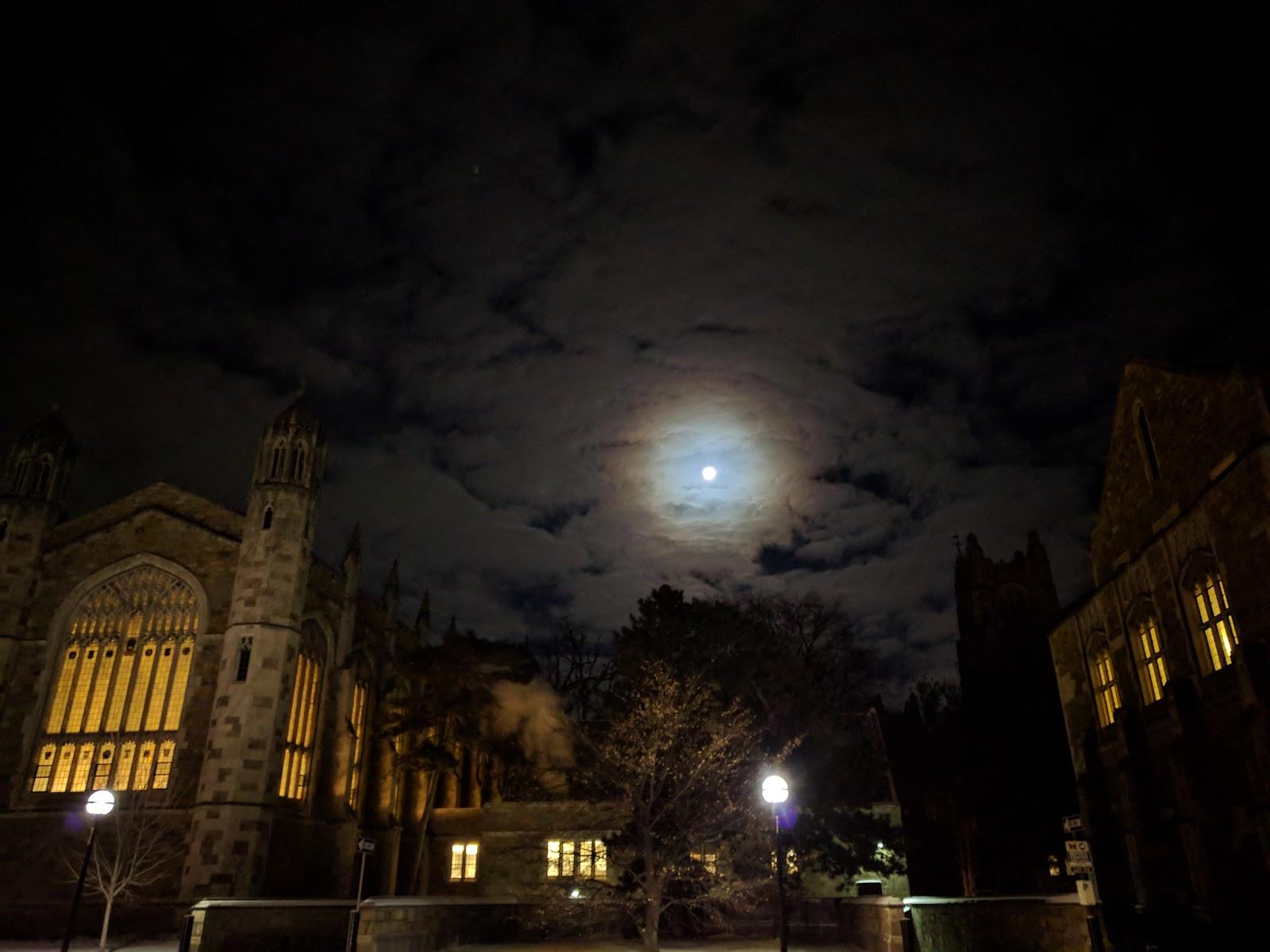
I make no secret of the fact that Michigan was not my “dream college.” In high school, I was a pathological overachiever – a frenzied neurotic and shameless STEM-Lord – and I got it into my head that all of my past four years' work would be for naught if I weren't accepted by Harvard, Stanford, or MIT.
If you're reading this, you may be in that same position. And if you're anything like myself from senior year of high school, you may have tied an unhealthy amount of your own self worth to the prestige of the colleges that accept you.
Speaking from personal experience, that is not a fun position. Assembling a mental picture of the "ideal" MIT applicant and measuring myself against that standard depressed me and prompted a great deal of painful self-reflection.
I'm writing this to lay out the most important lessons I learned from that process – the things I wish I could tell to my past self, just as he tapped out the first few words of his Common App essays.
You want to show reflection, growth, and self-awareness
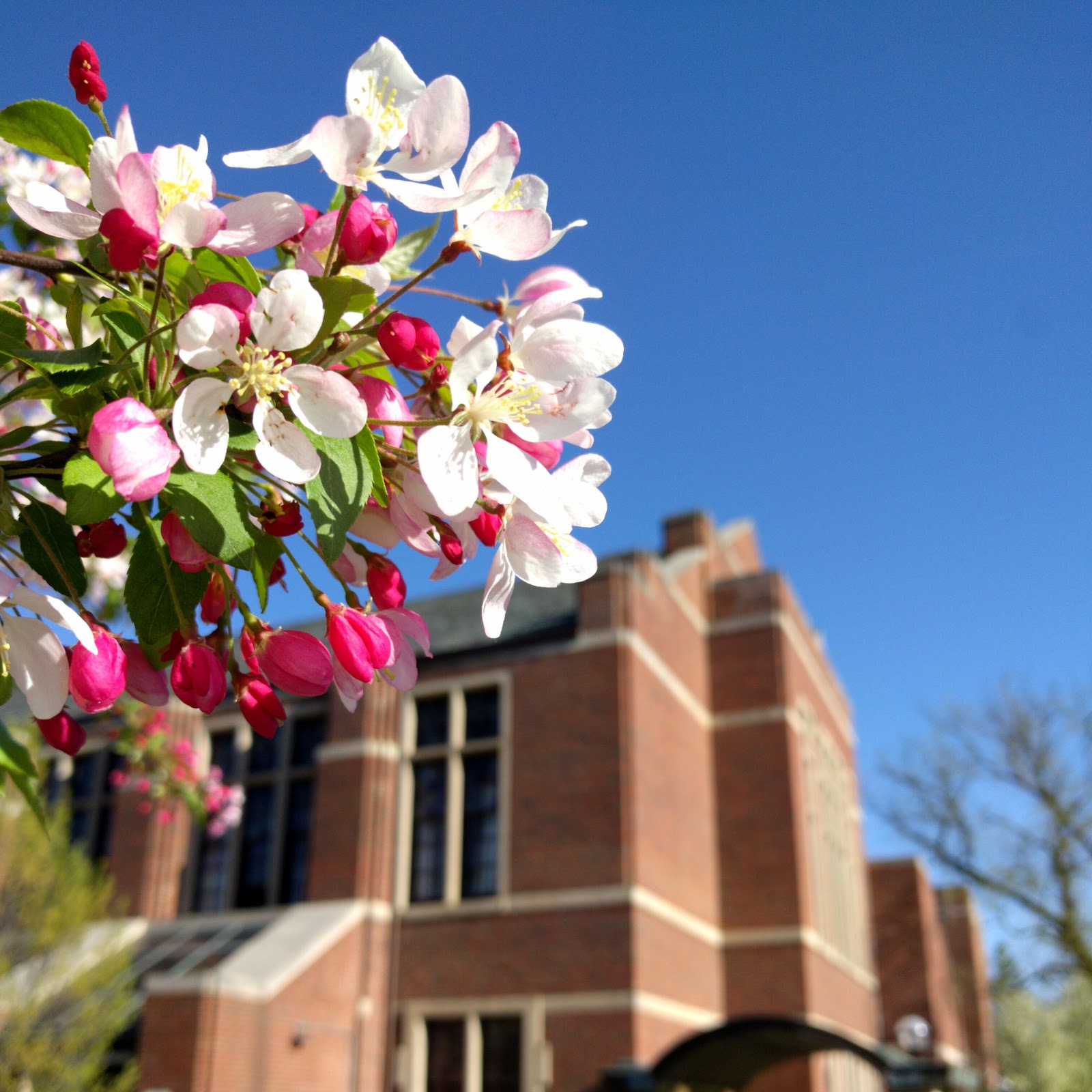
Your college applications – and particularly your essays – are meant to be a window into your soul, a spotlight shining on your richest inner life.
I took a creative writing class during my freshman year, for which we read a writer's guide: Bird by Bird, by Anne Lamott. In that book, Lamott writes that:
"Your [the writer's] job is to present clearly your viewpoint, your line of vision. Your job is to see people as they really are, and to do this, you have to know who you are in the most compassionate possible sense."
In your essay, you essentially want to demonstrate that you are – or that you are growing into – an Emotionally Complete Human Being: someone whose experiences have helped her mature; whose mistakes have taught him to do better.
There should be “something more” to your life than school

I maintained a perfect 4.0 GPA from the start of seventh grade until the moment I graduated high school. I did this while taking no fewer than 13 accelerated or Advanced Placement courses over my four years of high school.
While I'm proud of having done this, I have to admit that those were, unequivocally, the most miserable six years of my entire life.
Shambling home from school, collapsing into bed until the sun sets, then working on homework until three o'clock in the morning every day of the week is not living. A true life includes hobbies, sports, a circle of friends, being a cool older sibling, being kind and supportive, and understanding when others approach you with their struggles.
Competitive high schools train you to seek emotional validation through personal achievement: through grades, and trophies, and glowing praise lovingly heaped upon you by your teachers during honors nights.
In college, that same recognition grows ever harder to obtain: it stops being sufficient to simply steer along the straight and narrow. You must also strive to do things that are novel and interesting because they're fulfilling and meaningful to you, so that your life is large enough that it can't be wholly contained by a single-sided resume.
It's okay if you don't yet know what "Something More" should be
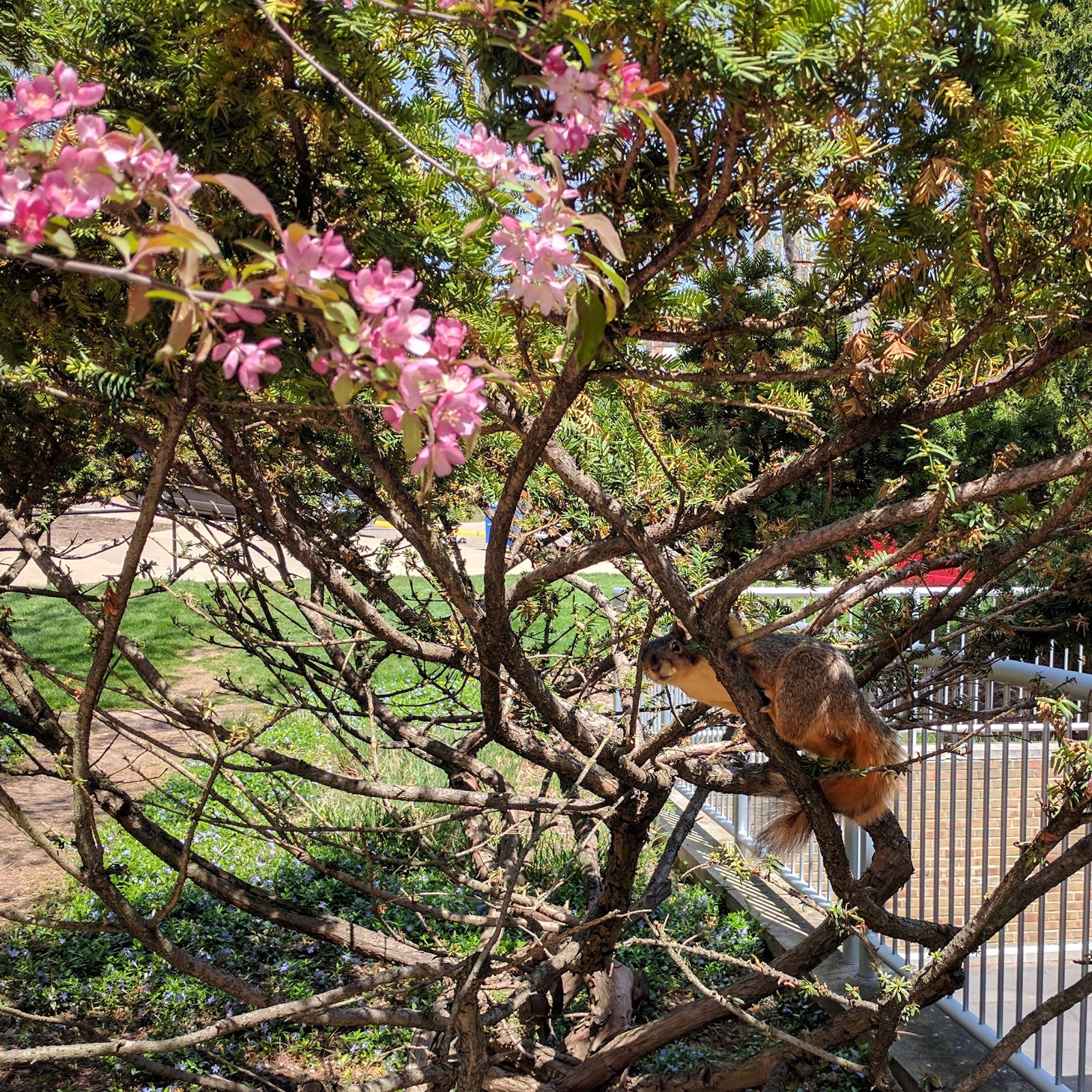
If you are 17 or 18 and you already know yourself – your dreams, your desires, and your life's purpose – then you are genuinely exceptional.
However, at your current age, this isn’t expected of you. Even though I think it’s best to strive to be an Emotionally Complete Human Being, I honestly expect that most people – myself included – probably won't reach that level of maturity until after their own children have gone off to college, and sometimes not even then.
The self of which you write in your college essays will radically transform over the next few years. The exact text of those essays will soon only be true in broad strokes.
Getting into an elite university will not make you happy
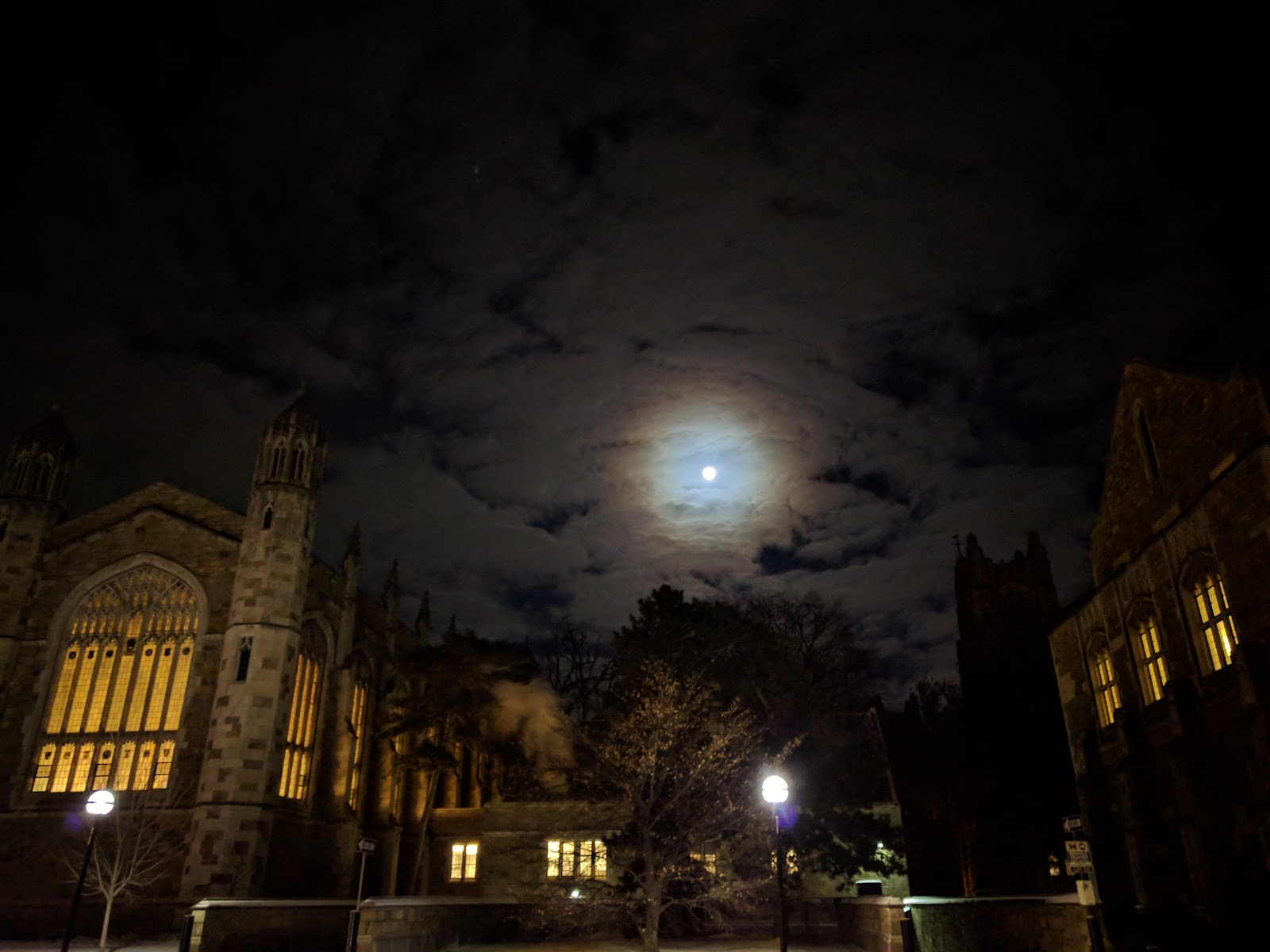
My middle school self, and even my grade school self, would have been perfectly happy with the University of Michigan. But my high school classmates were also planning to go to Michigan. So my high school self's dream college was MIT.
I'd always self-identified as the Smartest Guy in the Room, and "settling" for Michigan alongside my classmates felt, to my high school self, like Failure. Acceptance into an Elite University, on the other hand, seemed like a golden key to the doors of Heaven.
The truth is that the emotions around college app season, strong as they may be, are only momentary. Disappointment at rejection and the joy of acceptance are both temporary. And even though there is a silent smugness associated with the latter, it is quickly swept aside by the stress of your coursework once you actually set foot on campus. "IHTFP," as MIT students say: "I Have Truly Found Paradise," on one day, and "I Hate This F---ing Place" the next.
Lasting happiness comes from finding joy in the day-to-day experience of living, not from crossing a finish line of personal achievement.
It's okay to figure things out as you go along
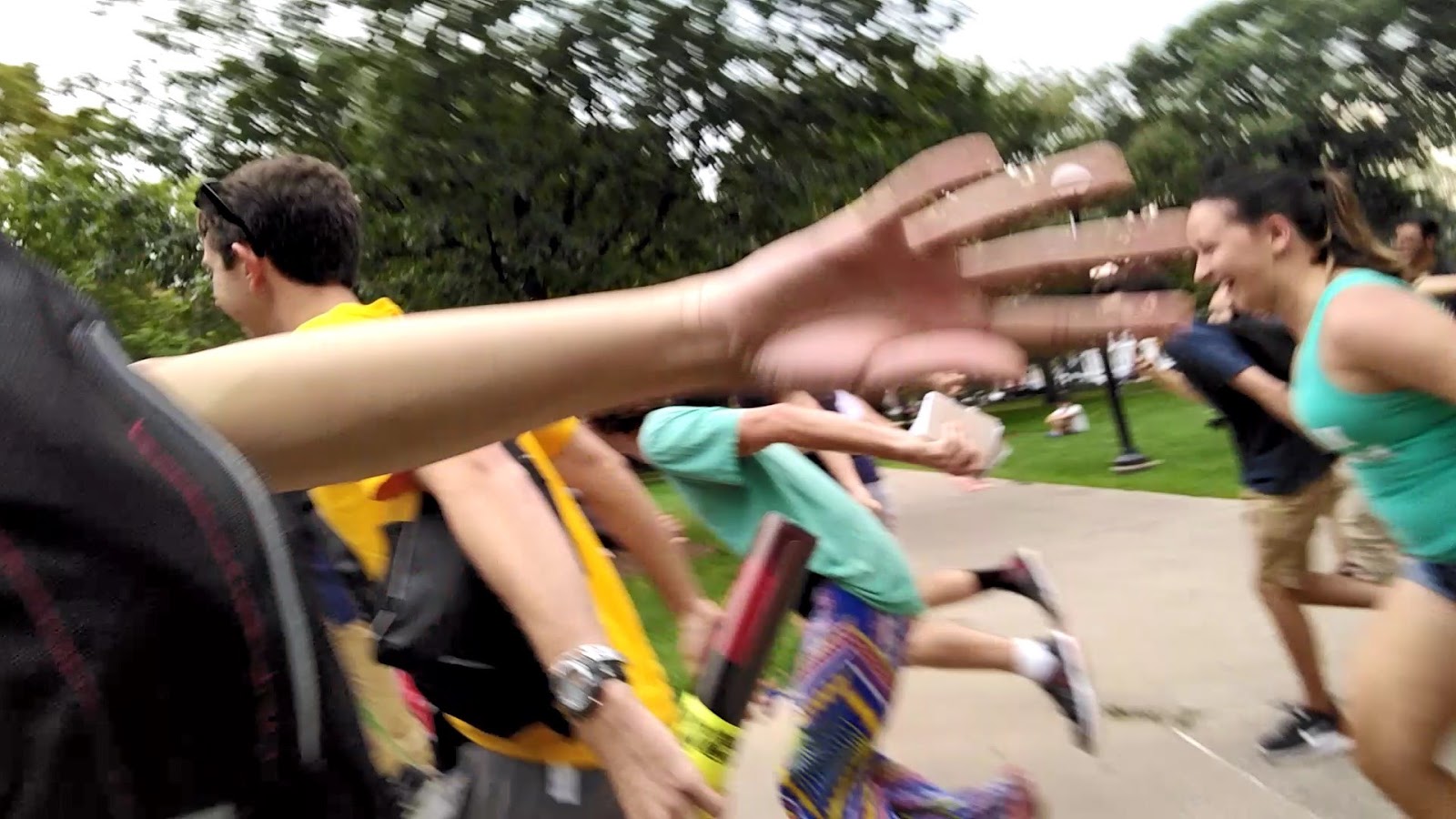
Most of the details of your life's journey will only fire in the heat of the moment. You may graduate as a Doctor of Medicine just as you planned, but the clubs you join, the internships you work, and the experiences you live will most likely be spontaneous. You have the freedom to explore – probably more so than you’re currently aware.
This isn't to say that planning things in advance is a bad thing! Being able to chart the course of your college career is helpful – and it's the entire point of having an academic advisor!
Just don't fall into the trap of doing things because you "have to." You don't have to attend an elite university to be happy in life. You don't have to get an internship after freshman year, don't have to rush a frat or a sorority, and don't have to test out of your intro and prereq classes just to get ahead of your peers.
You have the freedom to lay out your options, consider them cooly, and do whatever makes the most sense for you at the time.
Some book recommendations, all of which I read during my senior year of high school:
So Good They Can't Ignore You by Cal Newport, which offers a more nuanced perspective on how to find lasting fulfillment in one's career.
Excellent Sheep: The Miseducation of the American Elite and the Way to a Meaningful Life by William Deresiewicz, which offers a very frank examination of American higher education and how its culture affects high-achieving high school students.
The Diamond Age by Neal Stephenson, which is an awesome post-cyberpunk novel dealing heavily with themes of childrearing and coming of age in a dangerous and changing world.
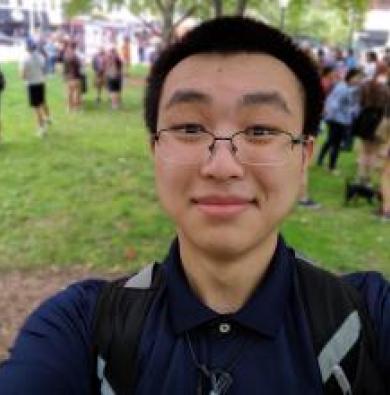
(rhymes with "Dylan") is a senior in the College of Engineering. Though free-spirited and soulful in his youth, Yilin was doomed to major in computer science after being kidnapped by feral app developers and raised in the Michigan wilderness. Outside of his coursework, Yilin works as an Instructional Aide for EECS 482: "Intro Operating Systems", writes plugins for obscure open-source text editors, and injures himself grievously while riding Bird scooters.